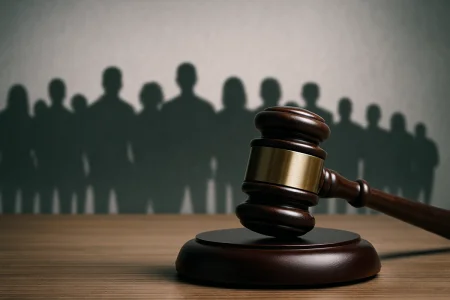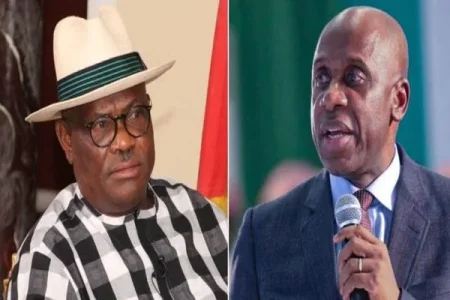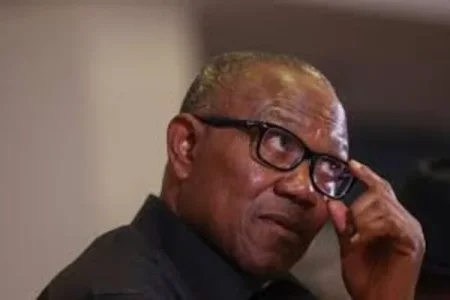
The Department of State Services has filed a fresh court application to prevent Professor Pat Utomi from holding rallies related to his proposed "shadow government" formation. The security agency argues that Utomi's planned roadshows and public gatherings upon his return to Nigeria on June 6 could threaten public order and national unity. In democratic systems, shadow triggers security when governments become hypersensitive to criticism and alternative voices.
Democratic governments treating academic discourse and opposition critique as security threats reveals institutional insecurity rather than genuine national security concerns.
Key Takeaways:
- A fresh court application filed by DSS to restrain Utomi from rallies, roadshows, and media interviews
- Security concerns citing threats to public order, safety, and national unity from planned activities
- The shadow government has been ongoing since DSS filed a substantive suit over Utomi's governance alternative proposal.
- Return date significance as Utomi plans activities upon June 6 arrival from abroad
- Constitutional questions about forming governance structures outside the official framework
Shadow triggers security when governments fear accountability more than actual threats. The DSS response to Utomi's academic concept suggests tensions between democratic discourse and security sensitivities, where even theoretical alternatives prompt official intervention rather than policy debate.




